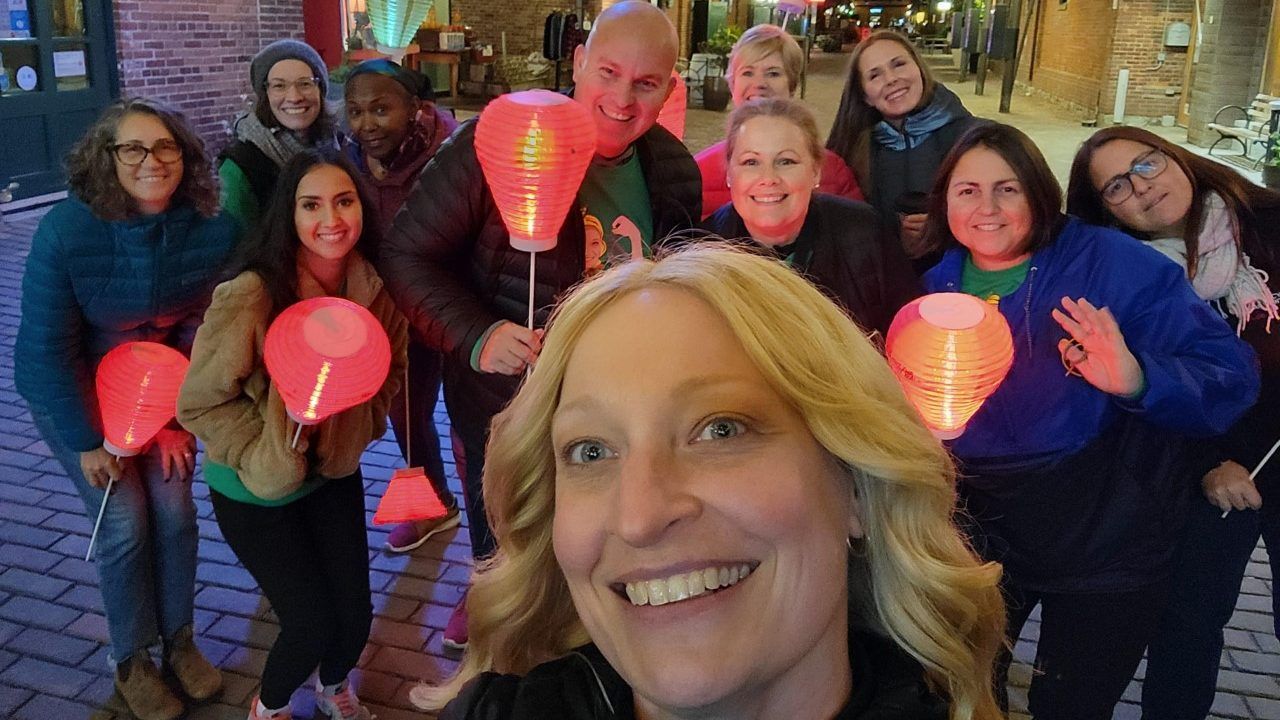diffuse large b-cell lymphoma: what it feels like
"i called in sick to work that night and didn't go back for 13 months."
cmml: treating a difficult rare blood cancer
chronic myelomonocytic leukemia affects about three in a million canadians, and whether treatment is successful or not is often related to age, with younger patients tending to do better, says toronto oncologist dr. jeff lipton.
lymphoma patients continue to suffer from fear, anxiety and depression
despite gruelling radiotherapy, chemotherapy, a marrow transplant and an allograft, it's the emotional and mental trauma that stands out for guy bouguet decades after his lymphoma diagnosis.
 7 minute read
7 minute read




















